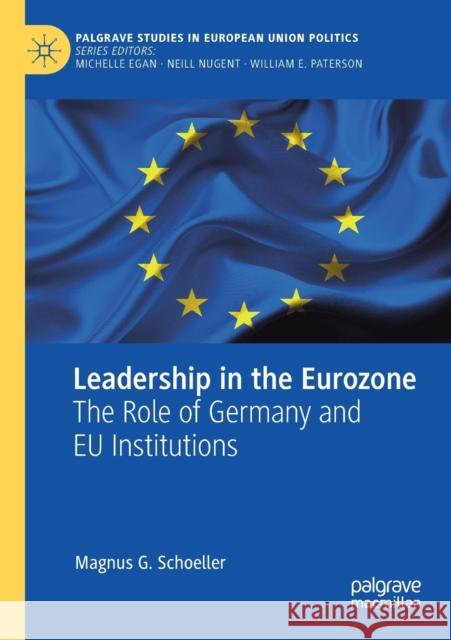Leadership in the Eurozone: The Role of Germany and Eu Institutions » książka
topmenu
Leadership in the Eurozone: The Role of Germany and Eu Institutions
ISBN-13: 9783030127060 / Angielski / Miękka / 2020 / 223 str.
Leadership in the Eurozone: The Role of Germany and Eu Institutions
ISBN-13: 9783030127060 / Angielski / Miękka / 2020 / 223 str.
cena 322,77
(netto: 307,40 VAT: 5%)
Najniższa cena z 30 dni: 308,41
(netto: 307,40 VAT: 5%)
Najniższa cena z 30 dni: 308,41
Termin realizacji zamówienia:
ok. 22 dni roboczych
Bez gwarancji dostawy przed świętami
ok. 22 dni roboczych
Bez gwarancji dostawy przed świętami
Darmowa dostawa!
Kategorie BISAC:
Wydawca:
Palgrave MacMillan
Seria wydawnicza:
Język:
Angielski
ISBN-13:
9783030127060
Rok wydania:
2020
Wydanie:
2019
Numer serii:
000510492
Ilość stron:
223
Waga:
0.29 kg
Wymiary:
21.01 x 14.81 x 1.3
Oprawa:
Miękka
Wolumenów:
01
Dodatkowe informacje:
Wydanie ilustrowane











